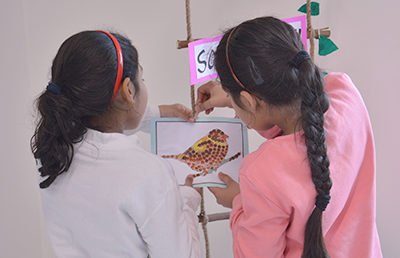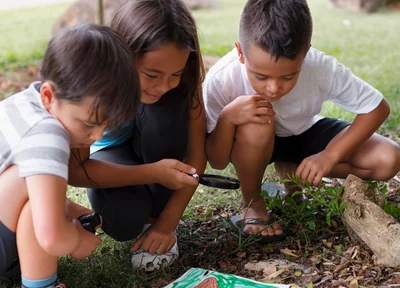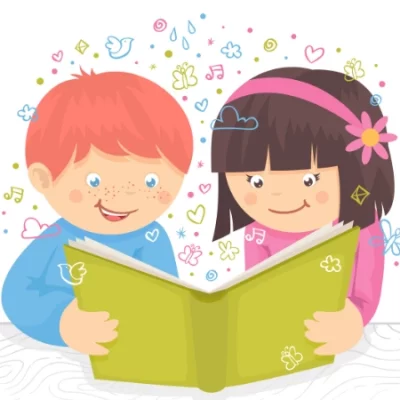As guardians, we’re all in the same boat when it comes to cheering on our kids, right? From stocking up on supplies to being their personal homework helper, we’re there every step of the way. But here’s a thought: amidst the frenzy of academics, are we giving enough attention to teaching our kids those essential life skills?
The Overlooked Importance of Life Skills
In the hustle and bustle of modern education, where the focus often tilts heavily towards academic achievement, the significance of teaching life skills to kids can sometimes get overshadowed.
But let’s take a moment to step back and ponder: What good are straight A’s if your child can’t manage their time effectively, communicate well, or navigate the complexities of everyday life?
Sure, academics are crucial. They equip children with knowledge, critical thinking skills, and the ability to analyse and solve problems. But what about life skills? In this blog, we’ll go through the reasons we, at The Blue Bells School, have learned through our experience ‘Why teaching various life skills to kids is as vital as academics!’

The Pillars of Life Skills Education
Think about it this way: just as a sturdy building needs a solid foundation, academic success needs a robust framework of life skills to support it. Here’s why:
- Real-world Relevance: Life skills are the tools our children need to thrive in the real world. From managing finances to resolving conflicts, these are the skills that will serve them long after they’ve forgotten the Pythagorean theorem or Shakespearean sonnets.
- Adaptability: The world is constantly evolving, and the ability to adapt is more valuable than ever. Teaching kids life skills like adaptability, resilience, and problem-solving empowers them to navigate change with confidence.
- Social Intelligence: Success in life often hinges on one’s ability to build and maintain meaningful relationships. By teaching kids communication, empathy, and teamwork, we’re laying the groundwork for healthy social interactions both now and in the future.
- Independence: As much as we’d love to shield our children from life’s challenges, they’ll eventually need to spread their wings and fly solo. Teaching them life skills like self-reliance, decision-making, and time management fosters independence and self-confidence.

- Well-being: In today’s fast-paced world, mental health and well-being are more important than ever. Teaching kids coping strategies, stress management techniques and the importance of self-care equips them with the tools to navigate life’s inevitable ups and downs.
Incorporating Life Skills into Everyday Life
So, how can parents incorporate life skills education into their child’s upbringing? Start by leading by example. Let your kids see you practising good communication, problem-solving, and time-management skills in your own life. Encourage open dialogue about real-life situations and dilemmas, and involve your children in decision-making processes whenever possible.

The Power of Experiential Learning
Additionally, seek out opportunities for your child to learn and practise life skills in everyday situations. Whether it’s cooking dinner together, budgeting pocket money, or resolving conflicts between siblings, there are endless opportunities to impart valuable life lessons in the course of daily life.
Our educators at The Blue Bells School make sure that our children learn by doing in the best way possible through interactive sessions.

Equipping Our Children for the Journey Ahead
And finally, don’t underestimate the power of experiential learning. Whether it’s through extracurricular activities, volunteer work, or part-time jobs, giving kids the chance to apply their skills in real-world settings can be incredibly impactful.
To sum it up, while academic success is undeniably important, it’s equally crucial to prioritise the teaching of life skills to our children. After all, what good is a brilliant mind without the ability to navigate the complexities of the world with wisdom, resilience, and grace? As parents, let’s commit to equipping our children not just with knowledge, but with the life skills they need to thrive in an ever-changing world.




